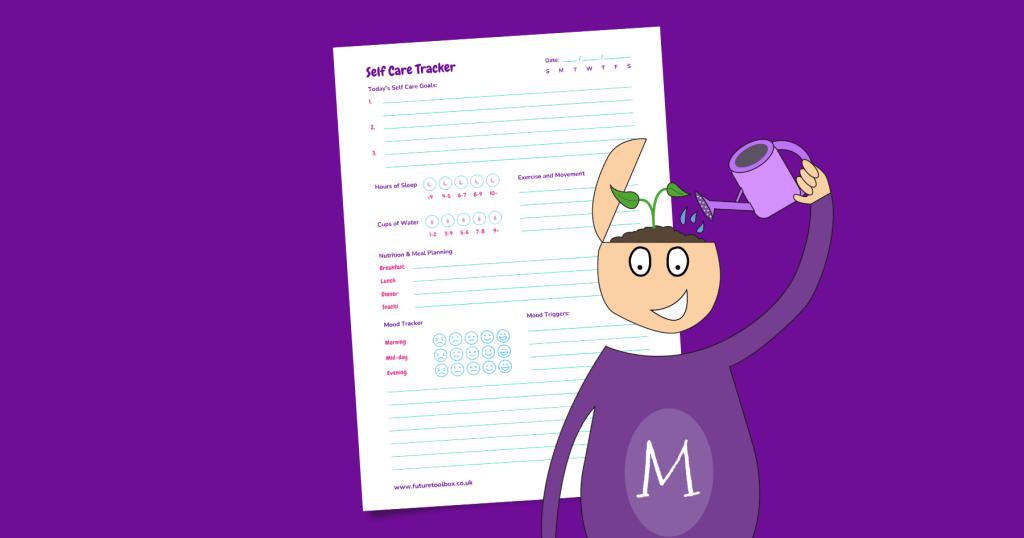
Reset Your Mindset and Beat the January Blues
For many people, January is a bit like the Monday of the year. It’s cold, the weather is gloomy and it definitely
Sleep training is something that everyone should do! It impacts nearly every aspect of our lives, from our mood and energy levels to our ability to focus and even our overall health. If you’ve ever woken up feeling groggy and irritated, it’s likely because you didn’t get enough quality sleep. Poor sleep can affect emotional regulation, leading to irritability and stress. It also impairs concentration and decision-making, making daily tasks feel more difficult than they should be.
Sleep is essential for our physical health, too! Whilst we rest, our bodies release hormones that help us to heal and repair ourselves. Getting the right amount of sleep leaves us feeling refreshed and ready to take on the day. On the flip side, consistent sleep deprivation can lead to long-term health issues like high blood pressure and anxiety. Adults, teens, and children alike can all benefit from learning how to sleep better. All it takes is a bit of practice and consistency to help you develop some positive habits.
If you want to function well throughout the day, you need to get enough sleep. The exact amount needed varies from person to person. While the general recommendation for adults is between seven to nine hours, factors such as lifestyle, stress levels, and individual sleep cycles play a role. Some people thrive on seven hours, while others feel best after a full nine.
Teens often require more sleep (between eight and ten hours) due to their developing brains. When you’re learning new skills at school or at work, it can be quite tiring. There are many other reasons people may need more sleep, for example, our co-founder Mark has a brain injury. It’s important that he gets plenty of sleep as this helps him deal with the side effects of his injury.
Napping can be a helpful way to recharge, but it’s important to time them correctly. Short naps of around 20 minutes can boost your energy and alertness without interfering with nighttime sleep. However, longer naps can sometimes leave you feeling groggier than before – especially if you nap too late in the day!
There are several factors that can interfere with the quality of sleep you get. Being able to recognise them is the first step to improvement.
One of the biggest culprits is screen time. The blue light emitted by phones, tablets, and televisions tricks the brain into thinking it’s still daytime, reducing the production of melatonin – the hormone that helps us sleep. Phones are also full of distractions. Things like engaging on social media, watching videos or even playing games can be really overstimulating, making it hard for you to drift off.
Eating a heavy meal or drinking a lot of liquid before bed is going to keep you awake. We love to eat out, and Indian food is one of our favourites. At times, we may eat late, but then I’ll end up feeling uncomfortable in the night and not having the best sleep. Try to avoid eating or taking in caffeine for at least two hours before bedtime. Instead, we’d recommend a gentle camomile tea as this can help promote sleep.
Your bedroom can affect the quality of your sleep. The first step is to de-clutter. Trying to sleep in a messy space is not only uncomfortable, but it can subconsciously make you feel bad. It can trigger feelings of stress, guilt and even shame, so try to keep things tidy and your bed clear. Keeping the room at a comfortable temperature is also important. If it’s too hot, you’ll be tossing and turning all night! If you want to sleep better, make sure to adjust the light. Some people like total darkness and others would prefer a night light, so do what’s best for you. Reducing distractions like noise will also make it easier for you to switch off.
Training yourself to sleep better takes practice. One of the best ways to improve sleep is by establishing a consistent routine. Irregular sleep schedules often lead to restlessness because when you break the cycle, it throws your body clock out of sync. This can be difficult to recover from and you often feel the effects for days. Try going to bed and waking up at the same time every day. Yes, even on weekends! This will help regulate your body clock.
It’s also important to teach your body when to wind down. You can do this by creating a bedtime routine. This might include light reading, stretching, or listening to calming music. Engaging in relaxing activities instead of stimulating ones can help you transition into sleep more easily.
There’s nothing more frustrating than lying in bed, wide awake, as your mind races through every thought imaginable. If you find yourself tossing and turning for more than 20 minutes, why not get out of bed and do something calming instead?
Reading, cuddling up with a pet or practising deep breathing exercises can help ease the mind and make it easier to fall asleep when you return to bed.
Avoid checking the time, as this can trigger more anxiety about not being able to sleep. If worries keep you up, writing them down in a journal may help release them from your mind. It’s also important to limit caffeine and alcohol intake, especially in the evenings, as they can interfere with sleep cycles.
Believe it or not, good sleep starts the second you roll out of bed! By taking care of your body and mind throughout the day, you set yourself up for success at night. Little things like staying hydrated, eating well and managing stress throughout the day can make a big difference.
Practising self-care can help reduce stress and keep your body in balance. If you’ve been struggling with sleep training, our self-care tracker is here to help. You can use this free worksheet to chart your daily goals, figure out your sleep schedule, keep a tally of your water intake, plan balanced meals, note down any exercise or movement you accomplished, and keep tabs on your overall mood.

Thank you so much for downloading our Self-care Tracker. We hope it will inspire you to take a moment to focus on your well-being and health.
We’ve sent your FREE download straight to your email inbox. If you can’t seem to find it, don’t worry. It might have found its way into your spam/junk folder so please check in there… you know how technology can be sometimes!
As you start to incorporate these small tasks into your daily life, you’ll begin to form positive habits! Before you know it, you’ll feel more focused, energised, and ready to take on each day. So tonight, put away the screens, get cosy, and get the rest that you deserve!
For more information on this topic
Follow us on social media!

For many people, January is a bit like the Monday of the year. It’s cold, the weather is gloomy and it definitely

The start of a new year feels like the perfect time to make changes. Everyone’s talking about goals and resolutions, but here’s

So, Christmas is over. You’ve unwrapped the gifts, devoured the food, and binge-watched every festive movie under the sun. Now, here you